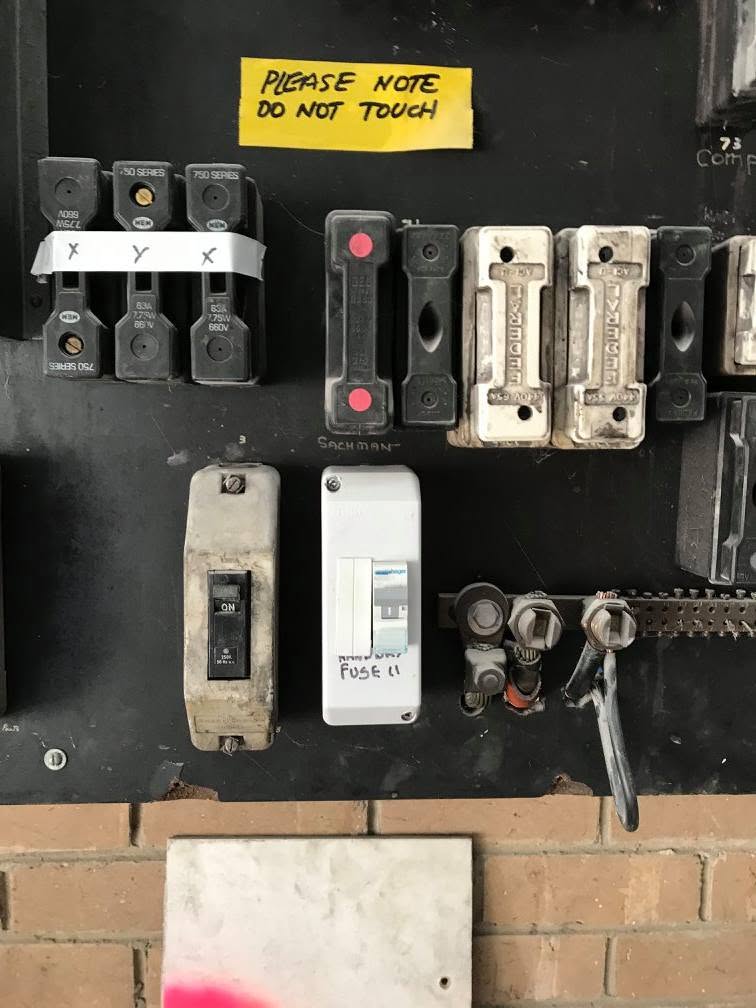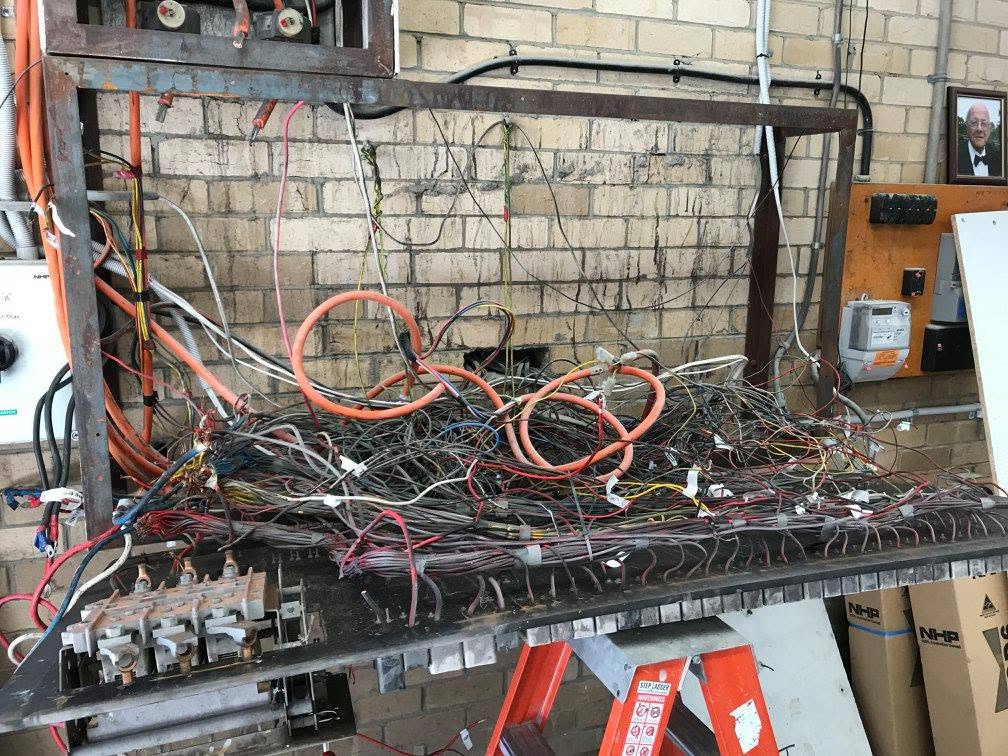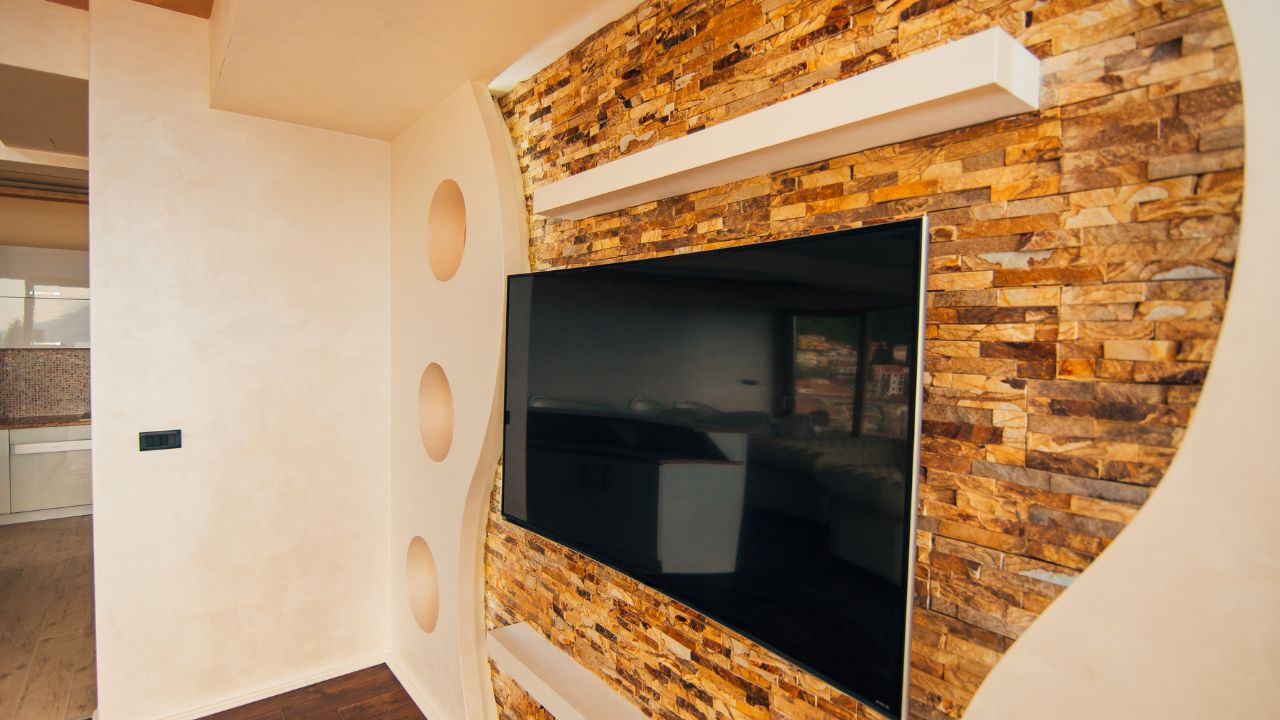Critical Electrical Factors to Evaluate When Buying an Older Home
Embarking on the adventure of acquiring an older home can be an exhilarating journey, as these properties often possess distinctive character and historical allure that many homebuyers find irresistible. However, a significant challenge that frequently arises is the urgent need for extensive upgrades or repairs to the electrical systems. It’s essential to equip yourself with knowledge about the potential hurdles associated with these systems, as this is vital for effective budget planning and successful price negotiations during your home search. By grasping the specific electrical requirements of older properties, you empower yourself to make well-informed decisions, ultimately helping you avoid unexpected costs that may arise post-purchase.
At Direct Point Electrical, we take pride in our expertise in executing thorough inspections and necessary upgrades for homes in areas such as Berwick, Narre Warren, Officer, and Cranbourne. With our extensive experience, we regularly encounter a variety of issues that can significantly affect your home’s electrical safety and overall functionality. This comprehensive guide highlights essential factors to consider and proactive steps to mitigate these concerns early, ultimately preventing more serious complications in the future.

1. Ensure Your New Home is Equipped with Crucial Safety Switches
One of the most vital safety features for any contemporary home is the installation of a residual current device (RCD), commonly known as a safety switch. These essential devices are engineered to instantaneously cut off power in the event of an electrical fault, thereby significantly diminishing the risk of electrical hazards. While safety switches have been mandated for all new circuits for many years, numerous older switchboards either lack them entirely or contain only a single switch for the entire household. The absence of sufficient safety switches can turn even minor electrical faults into serious safety threats, jeopardising both your family and property.
What to do:
It is paramount to have your switchboard meticulously examined by a licensed electrician. Our professionals will assess the presence and functionality of safety switches, and evaluate whether a complete switchboard replacement is necessary to enhance safety and ensure compliance with current electrical standards.
2. Upgrade Your Switchboard to Align with Modern Electrical Needs
Houses constructed several decades ago were typically wired to accommodate far fewer electrical appliances than the average household requires today. Many of these homes were not designed with the substantial energy demands of contemporary devices, such as induction cooktops and air conditioning systems, in mind, which can demand more power than entire households consumed in previous eras. Consequently, outdated switchboards fitted with fuses or overloaded breakers can be inefficient and prone to failure under the strain of current electrical usage.
What to do:
We conduct a comprehensive assessment of your home’s electrical load requirements, taking into account the specific appliances and layout present. Our recommendations will focus on essential upgrades necessary to ensure your electrical system can effectively manage modern demands, thereby preventing common inconveniences such as circuit tripping and overheating.
3. Strategically Install Power Points to Enhance Convenience in Your Living Spaces
Many homes built before the 1990s often feature an inadequate number of power points, particularly in crucial areas like kitchens, living rooms, and bedrooms. These homes were not designed to support the charging of multiple devices, running entertainment systems, or accommodating various appliances scattered across countertops. Moreover, existing outlets may be in poor condition, exhibiting issues such as cracking, looseness, or improper grounding, which could pose significant electrical hazards.
What to do:
Our team will collaborate with you to assess your home’s layout, identifying the most effective locations for new power points. We will also inspect the condition of existing outlets to ensure they are adequately protected, thereby enhancing both safety and functionality in your living spaces.
4. Promptly Address Flickering or Dimming Lights to Ensure Safety
Flickering lights can be more than just a minor annoyance; they often indicate underlying issues such as poor connections, underpowered circuits, or aging wiring that may not be readily apparent. If you notice that your lights dim when other appliances are activated, this typically suggests an imbalance or inadequate wiring in the circuit designed to handle that load. Such situations not only disrupt your comfort but can also signal potential safety concerns that should not be overlooked.
What to do:
We provide thorough testing of each circuit to identify any faults or inefficiencies. Our team can often isolate the issue and implement targeted rewiring solutions only where necessary, ultimately saving you both time and money while significantly enhancing your home’s electrical performance and safety.
5. Organise and Clearly Label Your Circuit Layout for Improved Clarity and Efficiency
When you open your switchboard, are you able to easily identify which switch controls what? Older switchboards often lack clear labeling, making it difficult to understand the circuits that correspond to lighting, power, and fixed appliances. This lack of organisation can lead to confusion and frustration when troubleshooting faults or planning for future upgrades, potentially causing significant headaches for homeowners.
What to do:
During our inspection process, we will meticulously map and relabel your circuits, ensuring you have a clear understanding of your electrical layout. If your switchboard requires better separation of circuits, we will present you with practical options to enhance usability and safety.

6. Conduct a Thorough Inspection of Concealed Wiring for Age-Related Deterioration
Many older homes contain wiring that has been subject to various repairs and modifications over the years. This can result in a confusing mix of old and new cables, loose junctions, or non-compliant connections that are often hidden behind walls or ceilings. These concealed issues may not be immediately visible but can pose safety risks and complicate any future electrical work that may be necessary.
What to do:
An extensive electrical audit will allow us to evaluate the condition of your cabling in critical areas throughout your home. Our approach is thorough—we don’t rely on assumptions; we systematically test and inspect the wiring. Should we identify sections that require replacement, we will prioritise addressing the highest-risk areas first to ensure your safety.
7. Prepare Your Home for Future Technological Enhancements and Upgrades
If you are considering the addition of features such as smart lighting, security cameras, home networking, or air conditioning systems, it is crucial to recognise that many older homes may not be equipped to support these advancements. Often, there is insufficient provision for low-voltage cable runs, limited space in the switchboard, and a lack of adaptability in the existing wiring system.
What to do:
When planning renovations, our team can assist in designing a comprehensive system that accommodates smart upgrades, whether you opt to implement these changes all at once or in stages. Ensuring your home is prepared for future technologies will not only enhance your living experience but also increase your property’s value.

Prevent Unforeseen Electrical Issues Post-Move-In
Just as you wouldn’t purchase a home without thoroughly inspecting the roof, it is equally vital to give the wiring the same careful consideration. The most reliable way to ensure your safety and peace of mind when transitioning into an older home is to schedule a comprehensive electrical inspection with a qualified electrician.
Our team will accompany you throughout the home, testing key electrical systems and providing a detailed report on what is functioning well, what poses risks, and what upgrades should be prioritised now versus later for optimal safety and efficiency.
Frequently Asked Questions About Electrical Inspections and Upgrades
Do I need to rewire the entire home?
Not necessarily. Many electrical issues can be effectively isolated and addressed one zone at a time, allowing for a more manageable approach to upgrades and improvements.
Is electrical information included in a standard building inspection?
Typically, no. Most building reports only examine visible components, while we conduct thorough tests on wiring, safety switches, and overall circuit performance to ensure compliance and safety for your home.
Can I upgrade parts of my electrical system gradually?
Absolutely. We can assist you in staging the work to align with your renovation timeline or budget constraints, ensuring a seamless transition to improved electrical safety and functionality.
What if I’m still undecided about purchasing?
A pre-purchase inspection can offer you valuable peace of mind or strengthen your negotiating position when discussing the purchase price.
Schedule a Comprehensive Electrical Audit Before Finalising Your Home Purchase
Owning an older home can be incredibly rewarding, but only if the wiring behind the walls meets modern standards. Before using appliances or planning extensive renovations, it’s wise to seek expert advice on your electrical setup to ensure safety and compliance.
Direct Point Electrical offers pre-purchase audits and tailored upgrade plans throughout Melbourne’s outer eastern suburbs. Let’s collaborate to ensure your new home is equipped for modern living—safely, efficiently, and reliably.
Wiring Electrician
The Common Electrical Problems In Older Homes. Read Before You Buy A Home
The Article: Electrical Problems in Older Homes: What You Need to Know first appeared on https://writebuff.com
The Article Electrical Issues in Older Homes: Essential Insights to Consider Was Found On https://limitsofstrategy.com
References:
Electrical Issues in Older Homes: Essential Insights to Consider



